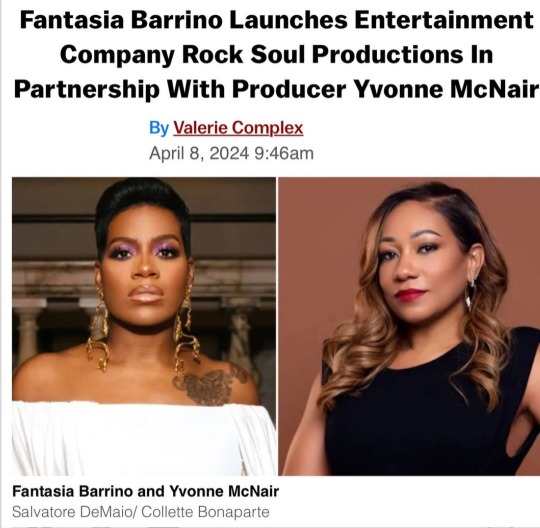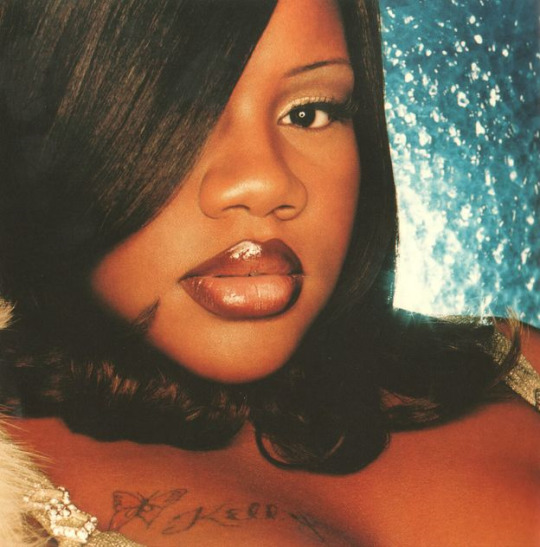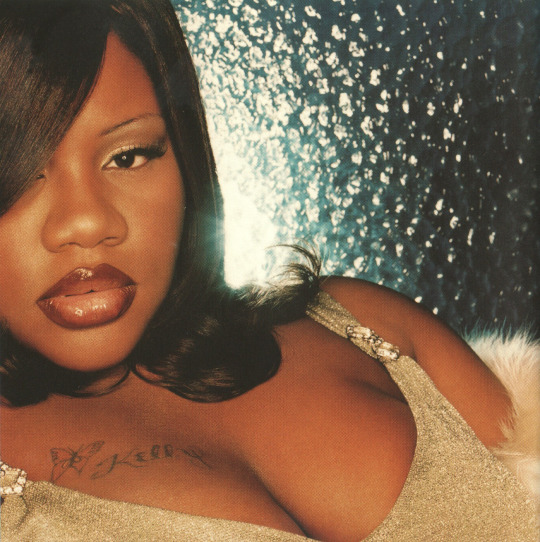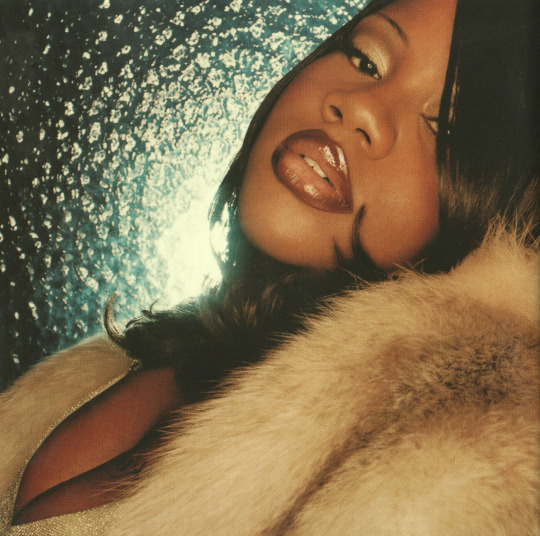Text









"Well I'll move that fairground horse to there. Sort that out!" | "You can't do that!" | "Says who?" | "Says Mr. Chess! It's been in the rules for thousands of years!" | "Well I'm gonna break the rules and set this little fairground horse free amonst all these little square fields, like that. There!"
Scary Spice in Spice World (1997) dir. Bob Spiers
#Spice World#Spice Girls#Scary Spice#gif#mine#made by me#photoset#gifs#gifset#moviegifs#filmgifs#filmedit#doyouevenfilm#cinemapix#dailytvfilmgifs#filmdaily#tvandfilmdaily#dailyflicks#fyeahmovies#moviehub#filmcentral#junkfooddaily#spicegirlsedit
234 notes
·
View notes
Photo
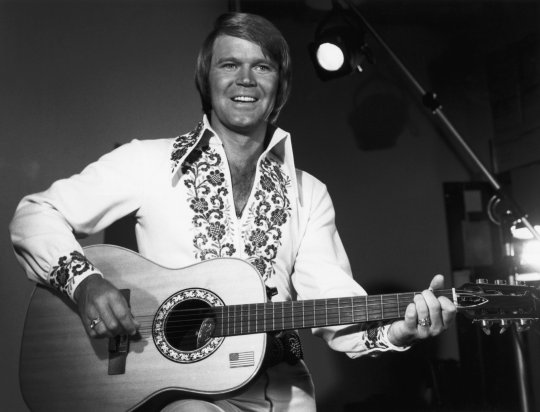
Today we remember the passing of Glen Campbell who Died: August 8, 2017 in Nashville, Tennessee
Glen Travis Campbell (April 22, 1936 – August 8, 2017) was an American guitarist, singer, songwriter, actor and television host. He was best known for a series of hit songs in the 1960s and 1970s, and for hosting The Glen Campbell Goodtime Hour on CBS television from 1969 until 1972. He released 64 albums in a career that spanned five decades, selling over 45 million records worldwide, including twelve gold albums, four platinum albums, and one double-platinum album.
Born in Billstown, Arkansas, Campbell began his professional career as a studio musician in Los Angeles, spending several years playing with the group of instrumentalists later known as “The Wrecking Crew”. After becoming a solo artist, he placed a total of 80 different songs on either the Billboard Country Chart, Billboard Hot 100, or Adult Contemporary Chart, of which 29 made the top 10 and of which nine reached number one on at least one of those charts. Among Campbell’s hits are “Universal Soldier”, his first hit from 1965, along with “Gentle on My Mind” (1967), “By the Time I Get to Phoenix” (1967), “Dreams of the Everyday Housewife” (1968), “Wichita Lineman” (1968), “Galveston” (1969), “Rhinestone Cowboy” (1975) and “Southern Nights” (1977).
In 1967, Campbell won four Grammys in the country and pop categories. For “Gentle on My Mind”, he received two awards in country and western; “By the Time I Get to Phoenix” did the same in pop. Three of his early hits later won Grammy Hall of Fame Awards (2000, 2004, 2008), while Campbell himself won the Grammy Lifetime Achievement Award in 2012. He owned trophies for Male Vocalist of the Year from both the Country Music Association (CMA) and the Academy of Country Music (ACM), and took the CMA’s top award as 1968 Entertainer of the Year. Campbell played a supporting role in the film True Grit (1969), which earned him a Golden Globe nomination for Most Promising Newcomer. He also sang the title song, which was nominated for an Academy Award.
Glen was born on April 22, 1936, in Billstown, a tiny community near Delight in Pike County, Arkansas, to John Wesley (a sharecropper) and Carrie Dell (Stone) Campbell. Campbell was of Scottish descent and was the seventh son of 12 children. As a child he almost died from drowning. His family went to Church of Christ, and Campbell’s brother Lindell became a Church of Christ minister. In 2011 he claimed his mother was Irish, although this was not true. The family lived on a farm, where they barely managed, by growing cotton, corn, watermelons, and potatoes. “We had no electricity,” he said, and money was scarce. “A dollar in those days looked as big as a saddle blanket.” To supplement income the family picked cotton for other farmers. “I picked cotton for $1.25 a hundred pounds,” said Campbell. “If you worked your tail off, you could pick 80 or 90 pounds a day.”
Campbell started playing guitar at age four after his father gave him a Sears-bought five-dollar guitar as a gift, with his uncle Boo teaching him the basics of how to play. Most of his family was musical, he said. “Back home, everybody plays and sings.” By the time he was six he was performing on local radio stations.
Campbell continued playing guitar in his youth, with no formal training, and practiced when he was not working in the cotton fields. He developed his talent by listening to radio and records and considered Django Reinhardt among his most admired guitarists, later calling him “the most awesome player I ever heard.” He dropped out of school at 14 to work in Houston alongside his brothers, installing insulation and later working at a gas station.
Not satisfied with that kind of unskilled work, Campbell started playing music at fairs and church picnics and singing gospel hymns in the church choir. He was able to find spots performing on local radio stations, and after his parents moved to Houston, he made some appearances at a local nightclub.
In 1954, at age 17, Campbell moved to Albuquerque, New Mexico, to join his uncle’s band, known as Dick Bills and the Sandia Mountain Boys. He quit high school in 10th grade. He also appeared there on his uncle’s radio show and on K Circle B Time, the local children’s program on KOB television. It was there that he met his first wife, whom he married when he was 17 and she was 16.
In 1958, Campbell formed his own band, the Western Wranglers. “We worked hard,” he said. “Six, sometimes seven nights a week. I didn’t have my eye set on any specific goals or big dreams.”
In 1960, Campbell moved to Los Angeles to become a session musician. That October, he joined the Champs. By January 1961, Campbell had found a daytime job at publishing company American Music, writing songs and recording demos. Because of these demos Campbell soon was in demand as a session musician and became part of a group of studio musicians later known as the Wrecking Crew.
Campbell played on recordings by the Beach Boys, Bobby Darin, Frank Sinatra, Ricky Nelson, Dean Martin, Nat King Cole, the Monkees, Nancy Sinatra, Merle Haggard, Jan and Dean, Bing Crosby, Phil Spector, Sammy Davis Jr., Doris Day, Bobby Vee, The Everly Brothers, Shelley Fabares, The Cascades, Paul Revere & the Raiders, Wayne Newton, The First Edition, The Kingston Trio, Roger Miller, Gene Clark, Lou Rawls, Claude King, Lorne Greene, Ronnie Dove and Elvis Presley. He befriended Presley when he helped record the soundtrack for Viva Las Vegas in 1964. He later said, “Elvis and I were brought up the same humble way – picking cotton and looking at the south end of a north-bound mule.”
In May 1961, he left the Champs and was subsequently signed by Crest Records, a subsidiary of American Music. His first solo release, “Turn Around, Look at Me”, a moderate success, peaked at number 62 on the Hot 100 in 1961 but reached number 7 on the Hot 100 in a 1968 Vogues cover. Campbell also formed the Gee Cees with former bandmembers from the Champs, performing at the Crossbow Inn in Van Nuys. The Gee Cees, too, released a single on Crest, the instrumental “Buzz Saw”, which did not chart.
In 1962, Campbell signed with Capitol Records. After minor initial success with “Too Late to Worry, Too Blue to Cry”, his first single for the label, and “Kentucky Means Paradise”, released by the Green River Boys featuring Glen Campbell, a string of unsuccessful singles and albums followed. By 1963 his playing and singing were heard on 586 recorded songs. He never learned to read music, but besides guitar, he could play the banjo, mandolin and bass.
From 1964 on, Campbell began to appear on television as a regular on Star Route, a syndicated series hosted by Rod Cameron, ABC’s Shindig! and Hollywood Jamboree.
From December 1964 to early March 1965, Campbell was a touring member of the Beach Boys, filling in for Brian Wilson, playing bass guitar and singing falsetto harmonies. He was then replaced on the Beach Boys’ tours by new member Bruce Johnston.
In 1965, he had his biggest solo hit yet, reaching number 45 on the Hot 100 with a version of Buffy Sainte-Marie’s “Universal Soldier”. Asked about the pacifist message of the song, he said that “people who are advocating burning draft cards should be hung.”
Campbell continued as a session musician, playing guitar on the Beach Boys’ 1966 album Pet Sounds, among other recordings. In April of that year, he joined Rick Nelson on a tour through the Far East, again playing bass.
When follow-up singles did not do well, and Capitol was considering dropping Campbell from the label in 1966, he was teamed with producer Al De Lory. Together, they first collaborated on “Burning Bridges” which became a top 20 country hit in early 1967, and the album of the same name.
Campbell and De Lory collaborated again on 1967’s “Gentle on My Mind”, written by John Hartford, which was an overnight success. The song was followed by the bigger hit “By the Time I Get to Phoenix” later in 1967, and “I Wanna Live” and “Wichita Lineman” in 1968, remaining on Billboard’s Top 100 charts for 15 weeks. He won four Grammy Awards for “Gentle on My Mind” and “By the Time I Get to Phoenix”.
In 1967, Campbell was also the uncredited lead vocalist on “My World Fell Down” by Sagittarius, a studio group. The song reached number 70 on the Billboard Hot 100.
In 1968, Campbell released “Wichita Lineman”, a song written by Jimmy Webb. It was recorded with backing from members of the Wrecking Crew and appeared on his 1968 album of the same name. It reached number 3 on the US pop chart, remaining in the Top 100 for 15 weeks. In addition, the song also topped the American country music chart for two weeks, and the adult contemporary chart for six weeks.
The 1969 song “True Grit” by composer Elmer Bernstein and lyricist Don Black, and sung by Campbell, who co-starred in the movie, received nominations for the Academy Award for Best Song and the Golden Globe for Best Original Song.
After he hosted a 1968 summer replacement for television’s The Smothers Brothers Comedy Hour variety show, Campbell was given his own weekly variety show, The Glen Campbell Goodtime Hour, which ran from January 1969 through June 1972. The show’s comedy writers included Steve Martin and Rob Reiner. At the height of his popularity, a 1970 biography by Freda Kramer, The Glen Campbell Story, was published.
With Campbell’s session-work connections, he hosted major names in music on his show, including the Beatles (on film), David Gates, Bread, the Monkees, Neil Diamond, Linda Ronstadt, Johnny Cash, Merle Haggard, Willie Nelson, Waylon Jennings, Roger Miller, and Mel Tillis. Campbell helped launch the careers of Anne Murray and Jerry Reed, who were regulars on his Goodtime Hour program.
During the late 1960s and early 1970s, Campbell released a long series of singles and appeared in the movies True Grit (1969) with John Wayne and Kim Darby and Norwood (1970) with Kim Darby and Joe Namath.
After the cancellation of his CBS series in 1972, Campbell remained a regular on network television. He co-starred in a made-for-television movie, Strange Homecoming (1974), with Robert Culp and up-and-coming teen idol Leif Garrett. He hosted a number of television specials, including 1976’s Down Home, Down Under with Olivia Newton-John. He co-hosted the American Music Awards from 1976 to 1978 and headlined the 1979 NBC special Glen Campbell: Back to Basics with guest-stars Seals and Crofts and Brenda Lee. He was a guest on many network talk and variety shows, including Donny & Marie and The Tonight Show Starring Johnny Carson, where he performed “Rhinestone Cowboy”. He also appeared on Cher, the Redd Foxx Comedy Hour, The Merv Griffin Show, The Midnight Special, DINAH!, Evening at Pops with Arthur Fiedler and The Mike Douglas Show.
In the mid-1970s, he had more hits with “Rhinestone Cowboy”, “Southern Nights” (both U.S. number one hits), “Sunflower” (U.S. number 39) (written by Neil Diamond), and “Country Boy (You Got Your Feet in L.A.)” (U.S. number 11).
“Rhinestone Cowboy” was Campbell’s largest-selling single and one of his best-known recordings, initially with over 2 million copies sold. Campbell had heard songwriter Larry Weiss’ version while on tour of Australia in 1974. Both songs were in the October 4, 1975, Hot 100 top 10. “Rhinestone Cowboy” continues to be used in TV shows and films, including Desperate Housewives, Daddy Day Care, and High School High. It was the inspiration for the 1984 Dolly Parton/Sylvester Stallone movie Rhinestone. The main phrase of Campbell’s recording was included in Dickie Goodman’s Jaws movie parody song “Mr. Jaws”. Campbell also made a techno/pop version of the song in 2002 with UK artists Rikki & Daz and went to the top 10 in the UK with the dance version and related music video.
“Southern Nights”, by Allen Toussaint, his other number one pop-rock-country crossover hit, was generated with the help of Jimmy Webb, and Jerry Reed, who inspired the famous guitar lick introduction to the song, which was the most-played jukebox number of 1977.
In 2005, Campbell was inducted into the Country Music Hall of Fame. It was announced in April 2008 that Campbell was returning to his signature label, Capitol, to release his new album, Meet Glen Campbell. The album was released on August 19. With this album, he branched off in a different musical direction, covering tracks from artists such as Travis, U2, Tom Petty and the Heartbreakers, Jackson Browne, and Foo Fighters. It was Campbell’s first release on Capitol in over 15 years. Musicians from Cheap Trick and Jellyfish contributed to the album as well. The first single, a cover of Green Day’s “Good Riddance (Time of Your Life)”, was released to radio in July 2008.
In March 2010, a then-farewell album titled Ghost on the Canvas was announced which served as a companion to Meet Glen Campbell (2008).
Following his late 2010 Alzheimer’s diagnosis, Campbell embarked on a final “Goodbye Tour”, with three of his children joining him in his backup band. He was too ill to travel to Australia and New Zealand in the summer of 2012. His final show was on November 30, 2012, in Napa, California. After the end of the tour, Campbell entered the studio in Nashville to record what would be his final album, Adiós, which would not be revealed until five years later. According to his wife, Kim Campbell, he wanted to preserve “what magic was left”, in what would be his final recordings. In January 2013, Campbell recorded his final song, “I’m Not Gonna Miss You”, during what would be his last recording sessions. The song, which is featured in the 2014 documentary Glen Campbell: I’ll Be Me, was released on September 30, 2014, with the documentary following on October 24. On January 15, 2015, Campbell and fellow songwriter Julian Raymond were nominated for Best Original Song at the 87th Academy Awards.
On August 30, 2016, during the 10th Annual ACM Honors, Keith Urban, Blake Shelton and others performed a medley of Glen Campbell’s songs in tribute to him. His wife Kim Campbell accepted the Career Achievement Award on his behalf. Alice Cooper described him as being one of the five best guitar players in the music industry.
Campbell’s final album Adiós, featuring twelve songs from his final 2012–13 sessions, was announced in April 2017. It was released on June 9, 2017. Adiós was named by the UK’s Official Charts Company as the best-selling country/Americana album of 2017 in Britain.
Campbell died in Nashville, Tennessee, on August 8, 2017, at the age of 81. He was buried in the Campbell family cemetery in Billstown, Arkansas.
8 notes
·
View notes
Text

110 notes
·
View notes
Photo
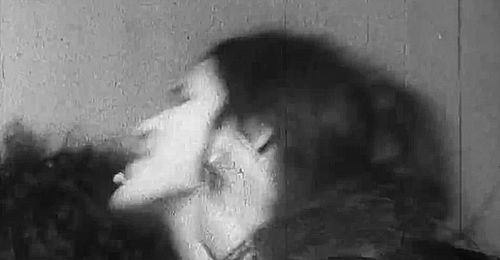
46 notes
·
View notes
Text
“Today is the most important day in your life, because this day is a reminder that you are living for your purpose. If there are dreams you are longing to fulfill, this is the day you can pursue them. This day, right now, is the day when you can put to use all the knowledge, experience and wisdom you’ve built to do the things you’ve been meaning to do and connect with the people you’ve been meaning to see. On this day, you have a world full of choices. On this day, there are more possibilities than ever before. One Love and Positive Vibrations!!”
— -Karen Marley
39 notes
·
View notes
Text

#hip hop#rap#california#los angeles#west coast#nipsey#crenshaw#slauson#the marathon#nipsey hu$$le#nipsey hussle#rip nipsey#the marathon clothing#jhene#jhene aiko#crip#west coast rap#rip nip#tmc#big sean#hussle#LA rap#beverly hills#baldwin hills#naybahood#rollin 60s#60s#victory lap#yg
402 notes
·
View notes
Text
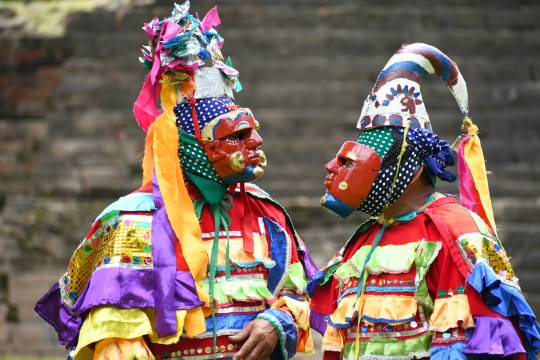
Mopan Maya dancers, Belize, by TAS Belize
#mopan#maya#mopan maya#belize#central america#america#folk clothing#traditional clothing#traditional fashion#cultural clothing
248 notes
·
View notes
Text

A b - S o u l
26 notes
·
View notes
Text

me n the guyssss
@kurtcobain4real
#somebody tell krist to get tumblr ☹️#davgrrohl#dave grohl#nirvana#nirvana roleplay#nirvana rp#80s#90s#roleplay#kurt cobain#grunge#krist novoselic
59 notes
·
View notes
Audio
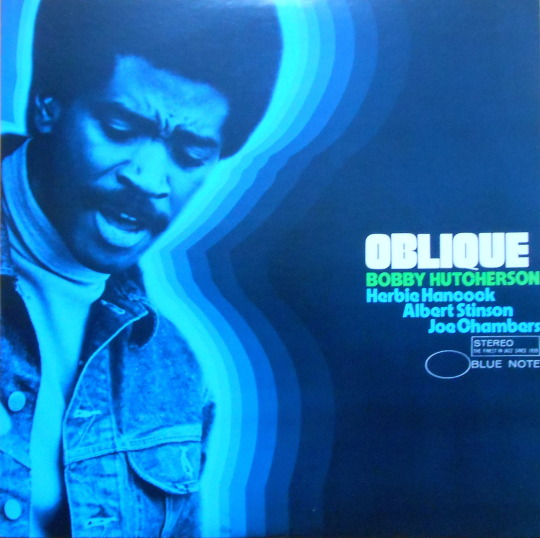
Bobby Hutcherson - ‘Til Then (1967)
A beautiful bossa-flavored ballad from vibraphonist Bobby Hutcherson. This is one of only two quartet sessions he recorded (the other is Happenings), and the group assembled here is sublime.
91 notes
·
View notes
Text

me when he dont love me anymore (idk what this says)
230 notes
·
View notes
Photo

“I remembered that as low as my lows had gotten, I always had faith in myself. That I always knew if I could get past those temporary moments, eventually I’d be up again. Jail couldn’t beat me. Lean couldn’t beat me. No situation could beat me. I was the only one who could beat me. “
Gucci mane
#gucci #keyshiakaior
https://www.instagram.com/p/CAIiSLQhKUy/?igshid=10mgjkpzpzr9q
3 notes
·
View notes

